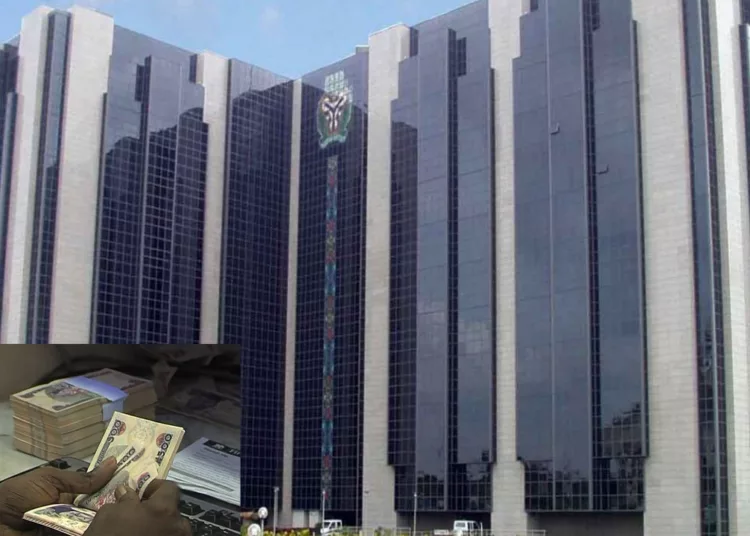Members of the Organised Private Sector (OPS) have applauded the 27 per cent rate cut, but insisted that it is insufficient to ease credit pressures on businesses.
Speaking about the development, the director-general of the Manufacturers Association of Nigeria (MAN), Segun Ajayi-Kadir, said manufacturers needed single-digit interest rates around five per cent for borrowing to truly support production. No bank will lend below the MPR, so credit costs remain unaffordable, he said, adding that manufacturers are still waiting for deeper cuts.
The Nigeria Employers’ Consultative Association (NECA) warned that other restrictive policies, such as the high CRR, could blunt the impact of the rate cut, adding that, ‘If credit costs are lowered, businesses can expand, invest, and create jobs. But the high CRR and liquidity restrictions risk limiting those gains.’
The director-general of NECA, Adewale Oyerinde, noted that food inflation remains high at 21.87 per cent, continuing to erode household incomes, and urged the government to pair monetary policy with structural reforms.
Also speaking, the president of the National Association of Small Business Owners of Nigeria (ASBON), Dr Femi Egbesola, echoed the same concerns, stating that the Association of Small Business Owners of Nigeria described the rate cut as a ‘good start’ but “insignificant” compared to the funding challenges SMEs face.
Egbesola called for special single-digit credit windows and alternative funding sources beyond traditional banks. The Centre for the Promotion of Private Enterprise also welcomed the decision but stressed the need for complementary fiscal action.
Director Muda Yusuf said a lower MPR and a reduced CRR could help banks expand credit and lower lending rates, stimulating output growth and job creation.
However, he cautioned that monetary easing alone cannot achieve sustained stability without improvements in infrastructure, regulatory consistency, and fiscal discipline. Yusuf also urged the government to address insecurity, which continues to deter investment and weaken rural productivity.
The Nigeria Labour Congress described the policy shift as a positive step but warned that businesses’ borrowing costs remained too high. The assistant secretary-general, Onyekachi Christopher, said easier access to loans would enable manufacturers to expand, hire more workers, and contribute more to the economy.
Economists said the rate cut is a significant signal of change. Professor Sheriffdeen Tella of Crescent University said lower rates reduce borrowing costs and production expenses, though borrowing remains unattractive at current levels because business profits rarely exceed 20–30 per cent annually.
Former Zenith Bank chief economist Marcel Okeke called the decision ‘the beginning of a loosening’ in the CBN’s tight monetary stance, noting that it could prompt commercial banks to ease lending rates by one to two percentage points. He suggested further cuts could follow if inflation continues its downward trend, potentially falling to around 17–18 per cent.
Okeke added that, while the effect of the policy shift won’t be immediate, lower interest rates would eventually make credit more accessible and stimulate economic activity. He cautioned that further progress depends on maintaining exchange rate stability and controlling inflation.
Across the private sector, the consensus is that the CBN’s decision marks a pivotal shift from focusing on stabilisation to growth acceleration. To him, “Yet businesses argue that to unlock Nigeria’s productive potential truly, credit costs must fall much further, ideally into single digits. If paired with structural and fiscal reforms, analysts say the new policy direction could boost private sector performance, expand revenues, and sustainably moderate inflation over the medium to long term.”





